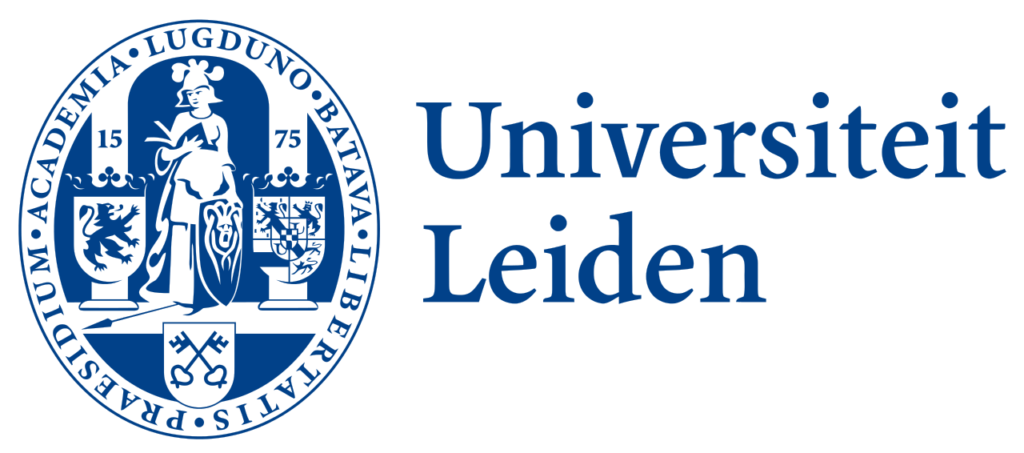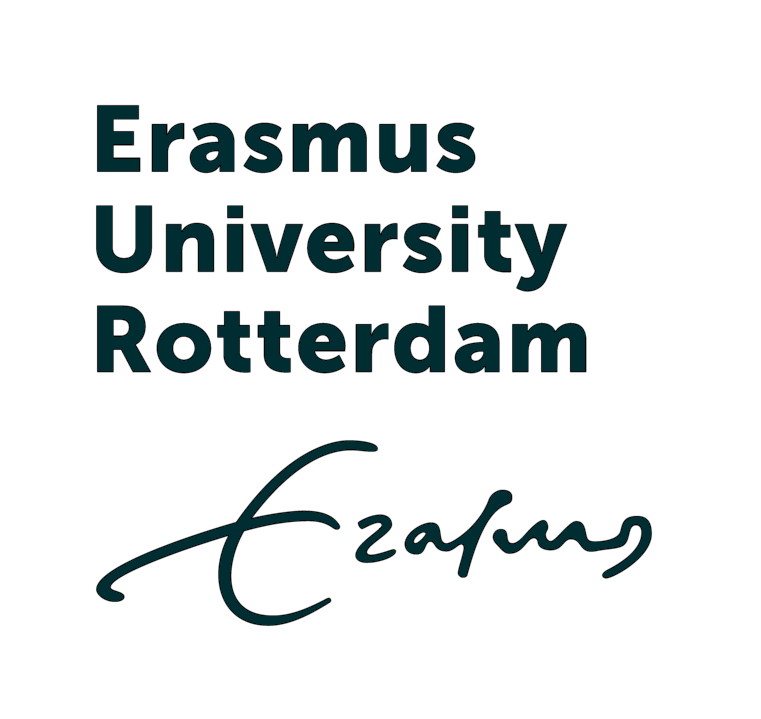Best Film Schools in Europe
Your Guide to Top Cinematic Education
Europe boasts a wealth of prestigious film schools that attract students globally. These institutions are renowned for their rigorous training, diverse specializations, and distinguished alumni. A comprehensive education in film from a European institution exposes students to a unique blend of cultural experiences and storytelling traditions, setting apart European film programs from those elsewhere.

The landscape of film education in Europe is vast, with each school offering unique advantages, from world-class facilities and industry connections to programs taught in English. Gaining admission to these top film schools can be highly competitive and often requires a demonstration of creative potential along with fulfilling academic prerequisites. Tuition fees can vary significantly, but many schools also offer scholarships or financial aid to help support talented students.
Key Takeaways
- European film schools are recognized for their exceptional training programs and cultural diversity.
- Admission to these prestigious schools is competitive, with a focus on both creative and academic qualifications.
- Financial support options are available to assist students in funding their film education in Europe.
Overview of European Film Education
European film schools have a reputation for excellence, with a deep-rooted history in cinematic education and a diversity of teaching methodologies tailored to the modern filmmaker.
History of Film Education in Europe
European film education has a storied past, with institutions like the London Film School boasting a history that dates back to 1956, making it the oldest film school in the United Kingdom. France’s La Femis and Italy’s Centro Sperimentale di Cinematografia are also key historical pillars in film education, shaping European cinema’s contributions to global culture.
Teaching Methodologies
The approach to teaching in European film schools often combines practical hands-on training with rigorous theoretical study. For instance, Fondazione Centro Sperimentale di Cinematografia in Italy focuses on crafting skilled professionals through intensive practical work. Meanwhile, others may mandate the production of student films as a cornerstone of their curriculum, ensuring that graduates leave with not only theoretical knowledge but also a portfolio of work.
Top-Ranked Film Schools in Europe for 2024

Europe is home to some of the most prestigious film schools in the world, where students can learn the craft of filmmaking from expert instructors. These schools are known for their rigorous programs and strong industry connections.
1. National Film and Television School (UK)
The National Film and Television School (NFTS) is based in the United Kingdom and is renowned for its high-caliber training in various disciplines of film and television production.
2. La Fémis (France)
La Fémis stands out as one of France’s leading film schools, celebrated for its rigorous entrance exam and comprehensive curriculum that covers all aspects of cinema.
3. Film Academy Vienna (Austria)
Located in Austria, Film Academy Vienna offers an in-depth education in filmmaking, with a strong emphasis on the artistic aspects of the film creation process.
4. Lodz Film School (Poland)
As one of Poland’s oldest film schools, Lodz Film School prides itself on its rich history and the success of its alumni in the international film arena.
5. German Film and Television Academy Berlin (Germany)
German Film and Television Academy Berlin (DFFB) is one of Germany’s key incubators of film talent, with rigorous training that positions its graduates for industry success.
6. London Film School (UK)
Celebrated as the oldest film school in the UK, the London Film School is known for its focus on postgraduate education and for fostering a highly international environment.
Comparative Analysis of European Film Schools

This section focuses on the different aspects that set European film schools apart from one another, examining their programs, facilities, industry links, and graduate success rates.
Curricula Comparisons
European film schools offer diverse curricula, each with distinctive strengths. The London Film School is recognized for its postgraduate programs, encouraging depth in disciplines such as directing and screenwriting. While schools like La Fémis incorporate a strong theoretical foundation, they blend this with hands-on experience to ensure a comprehensive education.
Facilities and Equipment
Facilities play a critical role in film education. The National Film and Television School, for instance, boasts state-of-the-art equipment and studios that allow students to work at industry standards. Access to the latest technology and film-making tools is essential for real-world application of their skills.
Industry Connections
Networks can significantly impact a film graduate’s career. Schools such as the London Film School are located in cultural hubs like London, enabling students to forge important industry connections. Partnering with film festivals and studios, these schools facilitate opportunities that can lead to employment and collaborations post-graduation.
Alumni Success
The true testament to a school’s prowess is often seen in the success of its alumni. For instance, the graduates from schools like Lodz Film School have consistently showcased their talents at international awards and festivals, highlighting the effectiveness of their educational environment and support structures.
FREE INSIDER’S GUIDE

Top 5 English-Taught Colleges in Europe
Kickstart you education abroad with a powerful degree taught entirely in English, all without taking on any student loans!
Admission Process and Requirements

The admission process for film schools in Europe largely revolves around understanding specific deadlines, preparing a standout portfolio, and navigating the interview stage with confidence.
Application Deadlines
Most European film schools have strict application deadlines. It’s vital to check each institution’s official website for their specific dates. For example, the prestigious London Film School has deadlines that applicants must adhere to for its Master’s and Ph.D. programs.
Portfolio Submissions
Portfolios are a centerpiece of any application. They should showcase an individual’s best work and creative potential. The National Film and Television School requires a portfolio submission as part of their application process, which must demonstrate originality, technical skill, and storytelling ability.
Interview Preparations
Preparing for the interview is crucial. Applicants should be ready to discuss their portfolio, experience, and motivations. Some schools, like SRH Berlin University of Applied Sciences, look for candidates who can articulate their vision and fit with the school’s ethos.
Tuition and Scholarships
European film schools offer a range of tuition fees and scholarship options for prospective students. These financial considerations are crucial for those seeking film education in Europe.
Tuition Fees
Tuition fees for film degrees in Europe vary significantly between institutions and countries. For example, Film degrees can cost between €10,000 and €20,000 a year for Bachelor’s degrees, and for Master’s degrees, the fees may range between €15,000 and €25,000. The London Film School, known for its prestige, has set its tuition fees at approximately £59,498, which includes a visa administration fee.
Scholarship Opportunities
Scholarships can significantly reduce the financial burden for students. Many European film schools have scholarships available, either on the basis of merit or financial need. Students are encouraged to research scholarship opportunities provided by their chosen institution or external organizations supporting film studies.
Financial Aid Options
Apart from scholarships, students may also explore other financial aid options such as grants, bursaries, and student loans. Some film schools may offer work-study programs, which allow students to gain industry experience while managing educational expenses. Financial aid policies will differ between schools and countries, warranting detailed research by applicants.
Cultural Experience at European Film Schools
Attending film schools in Europe offers students a chance to immerse themselves in diverse cultural settings that enrich the educational experience, fostering creativity and broadening perspectives.
Diversity and Inclusion Initiatives
European film schools have been actively working to create an inclusive environment that reflects the continent’s diversity in ideas, backgrounds, and stories. For instance, the London Film School, known as a prestigious institution, emphasizes its international scope and has students from various countries, offering a global perspective on filmmaking.
Student Life
Student life at European film schools like the National Film and Television School (NFTS) extends beyond the classroom, encompassing film festivals, workshops, and collaboration with industry professionals. Cultural exchanges and peer learning are integral parts of the student life, providing practical experiences that complement academic learning.
Professional Networking
Networking is a critical aspect of film education—connections made during studies can often lead to future collaborations. The Royal College of Art is exemplary for its Digital Direction program that links students with industry experts and alumni, fostering professional relationships that can advance students’ careers in film.
Frequently Asked Questions
Choosing the best film school is a significant decision for aspiring filmmakers. These FAQs delve into the qualities and offerings of European film schools to assist students in making informed choices.
Which European film schools are considered top-tier for their educational quality?
The London Film School is frequently highlighted for its excellent educational programs, alongside other prestigious institutions like La Fémis in France and the National Film and Television School in the United Kingdom.
What are the best options for international students seeking film education in Europe?
International students often prefer film schools with a global perspective such as the London Film School and the American University of Rome, which cater to a diverse student body and offer various programs in film studies.
Which film schools in Europe have programs fully conducted in English?
Many top film schools offer programs in English to accommodate international students. The National Film and Television School in the UK and the SRH Berlin University of Applied Sciences in Germany provide full curriculums in English.
Are there any film schools in Europe that consistently rank highly year over year?
The National Film and Television School in the UK and the Lodz Film School in Poland are well-regarded for their high standards in education and consistently receive high rankings.
In terms of reputation and resources, which European country is renowned for its film education?
The United Kingdom is renowned for its film education, housing some of the most respected institutions, including the London Film School and the National Film and Television School, known for their extensive resources and strong industry connections.
What advantages do European film schools offer compared to other international film institutes?
European film schools offer a rich blend of historical tradition and contemporary techniques, access to highly diverse cultures and languages, and often have strong relationships with the European film industry, presenting valuable networking opportunities for students.

















